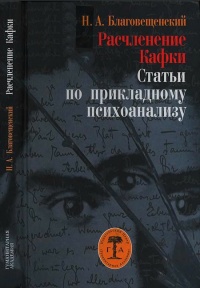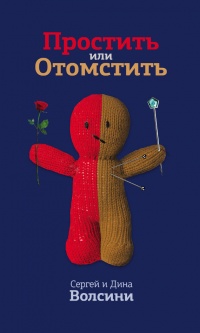Книга Девиантность, преступность, социальный контроль в обществе постмодерна - Яков Гилинский
Читать книгу Девиантность, преступность, социальный контроль в обществе постмодерна - Яков Гилинский полностью.
Шрифт:
-
+
Интервал:
-
+
Закладка:
Сделать
Перейти на страницу:
Перейти на страницу:
Книги схожие с книгой «Девиантность, преступность, социальный контроль в обществе постмодерна - Яков Гилинский» от автора - Яков Гилинский:
Комментарии и отзывы (0) к книге "Девиантность, преступность, социальный контроль в обществе постмодерна - Яков Гилинский"








